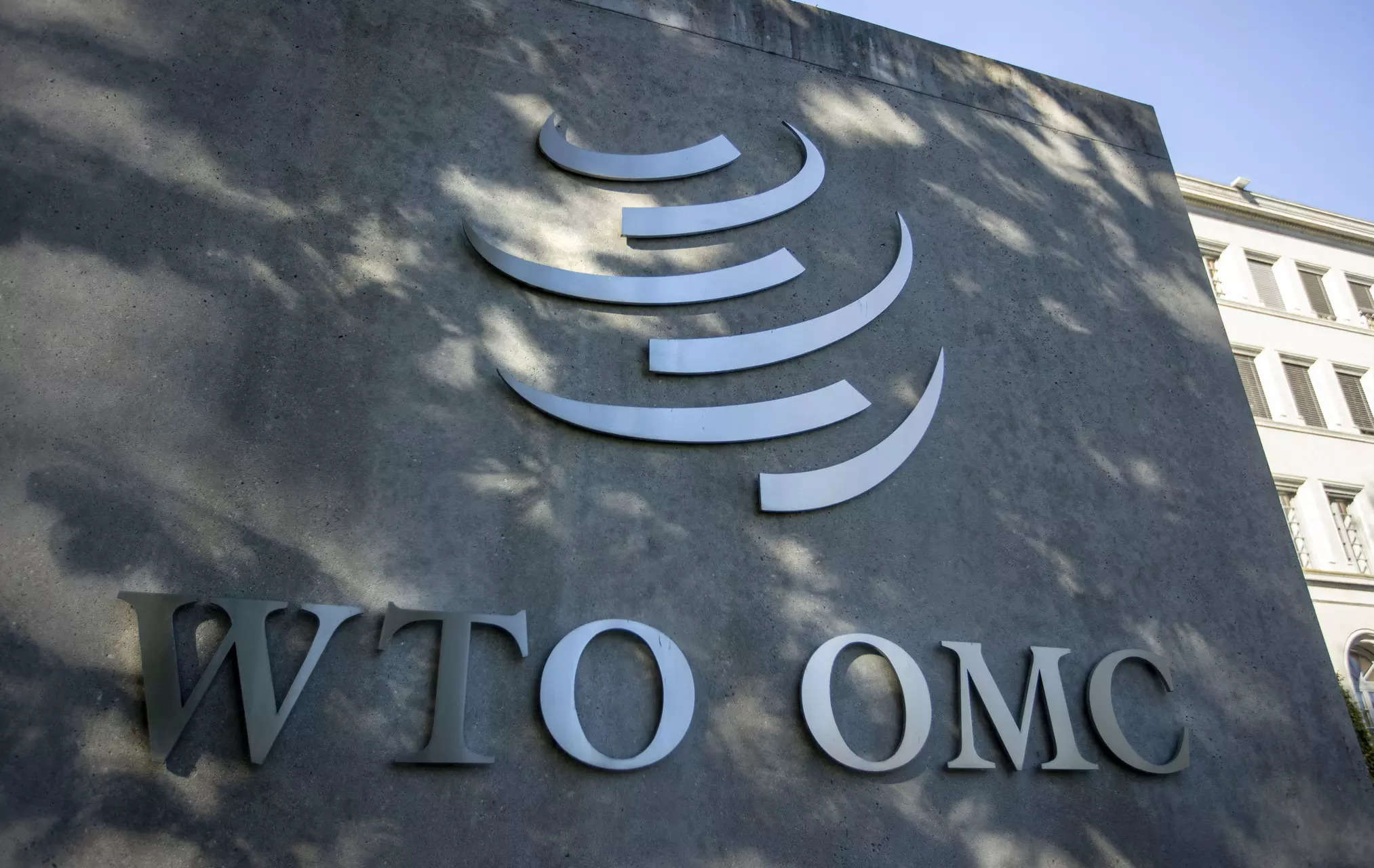
[ad_1]
However these priorities must be seen within the context of India’s fiendishly difficult home politics. This can be a nation the dimensions of a continent, and reaching inside consensus on a drastic shift in coverage is as laborious — or tougher — than getting settlement on the WTO.
Prime Minister Narendra Modi is the strongest, and hottest, chief India has had in a long time. However he has all the time been notably cautious to not provoke widespread protests towards his choices. Though he hates to retract insurance policies after investing political capital in them, he has twice previously decade withdrawn laws that enraged a few of India’s farmers — a legislation early on in his tenure that might have made it simpler to accumulate agricultural land for business, and a bundle of reforms in 2021 meant to liberalize India’s difficult farm subsidy system.
India’s welfare state, as so many others, is just not arrange for contemporary considerations and issues. It induces rent-seeking, and that may maintain New Delhi again with regards to making worldwide commitments. Agriculture — one in every of India’s most unreformed, unproductive and politically delicate sectors, on which a majority of Indians proceed to rely — is the one topic on which no Indian chief can concede overseas what they haven’t but gained democratically at dwelling.
It’s this antiquated farm subsidy system that lies on the coronary heart of India’s most intractable dispute on the WTO — its demand that non permanent permission to carry giant public shares of foodgrain be made everlasting.
This very week, a few of India’s farmers are protesting once more — a reminder that, if India says no, it’s as a result of a big subset of Indians are saying no. And a big subset of Indians can typically imply a bunch of individuals bigger than the populations of most WTO member states.That doesn’t imply the objectors are all the time proper, or that their calls for don’t change over time. To see why, take a more in-depth have a look at how these farmers’ acknowledged considerations have developed in only a few years.In 2020-21, when farmers from northern states blocked highway entry to India’s capital for 16 months, they needed to defend a farm subsidy system that ensures state purchases, at a government-set value, of foodgrain. This course of, as many identified on the time, now not matches the wants of a rustic which is wealthy sufficient to take part in international grain markets, which is unlikely ever to expire of foodgrain, and which desperately wants its farmers to diversify into crops apart from wheat and rice — to mirror fashionable diets and to preserve scarce water assets.
Three years on, the identical group of farmers are haggling over how the change to different crops needs to be underwritten. They need a brand new legislation that might assure them comparable state purchases and an analogous mandated value for 2 dozen different crops. The federal government is prepared to vow solely that state-run firms will purchase no matter farmers can promote for 5 years after they transfer away from foodgrains to different, extra climate-sensitive, crops.
If they will attain settlement, then over time India’s best farmers will lose their incentive to give attention to rice and wheat that the federal government should purchase. The nation then will solely want to take care of a grain pile enough to guard its inhabitants from value spikes and sudden shortages. That may, in flip, make it a lot simpler to commit on the WTO to adjustments in stockholding guidelines. India’s political dispute has shifted in simply two years from whether or not to alter, to how you can change.
From the skin, it’s straightforward to consider India as an undifferentiated mass of people with leaders who flip up in locations corresponding to Abu Dhabi to reject the whole lot the remainder of the world suggests. However that is the world’s most complicated democracy, and typically we simply have to attend whereas it fights its inside battles over coverage that impacts the remainder of the world. India’s “no” on the WTO is usually “not simply but.”
The creator’s views are private
(Now you can subscribe to our Financial Occasions WhatsApp channel)








